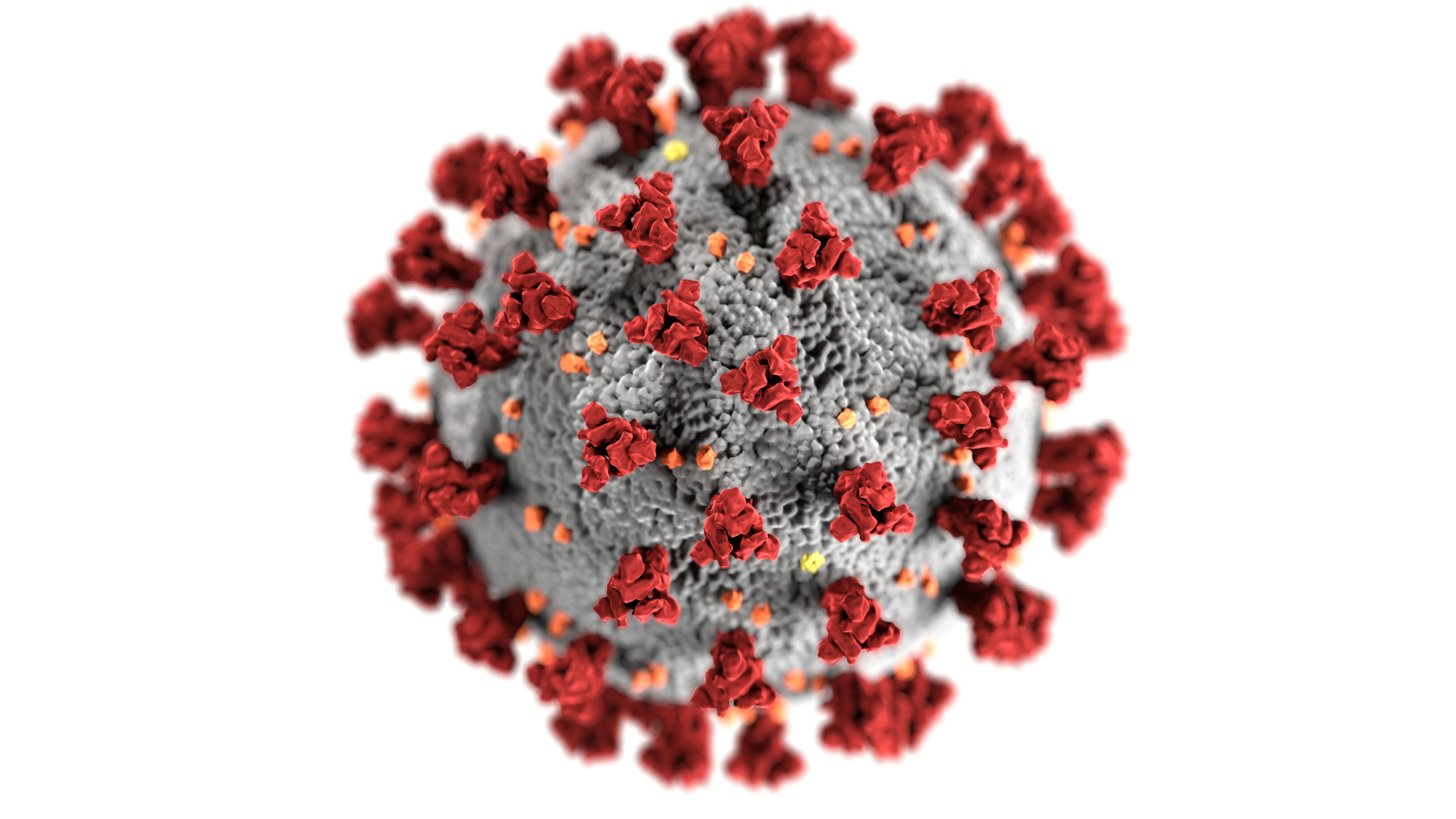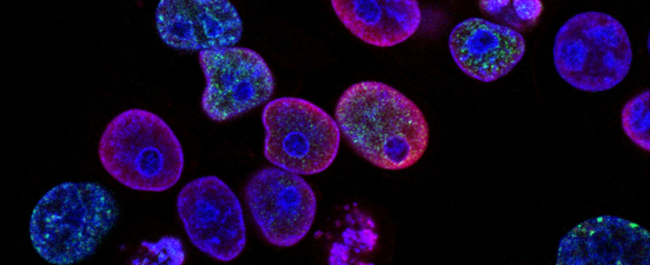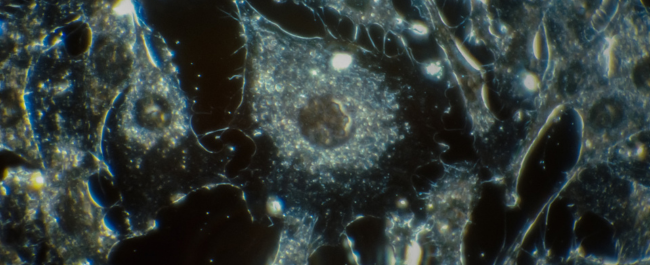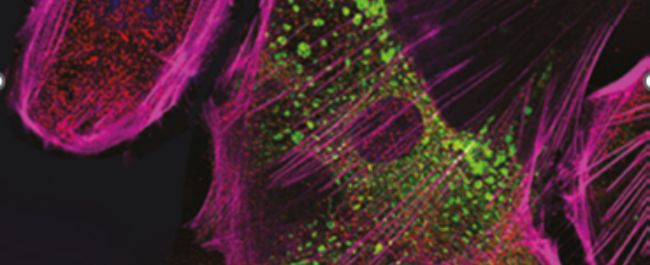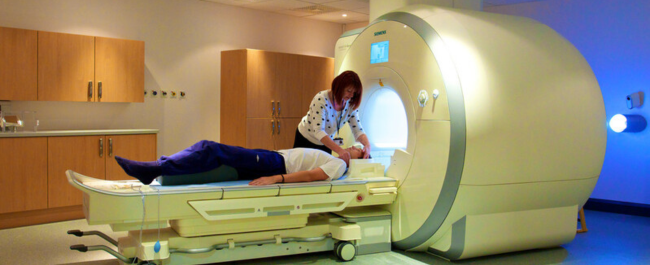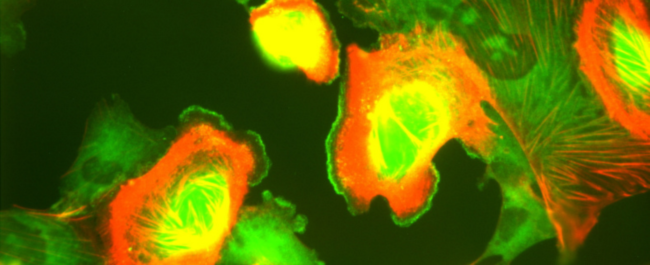Dystrovir – a broad spectrum anti-viral
There remains a challenge for the development of broad spectrum anti-viral to treat a range of infections and novel viruses to protect populations from seasonal epidemics and in the event of future pandemics.
We welcome enquiries from companies interested in discussing ways to access technology developed at the University of Bristol. Many of our projects have routes to commercialisation established during the research, and the technologies listed below represent a small proportion of our innovations. Please contact us directly to discuss these or other opportunities.
There remains a challenge for the development of broad spectrum anti-viral to treat a range of infections and novel viruses to protect populations from seasonal epidemics and in the event of future pandemics.
A compound for the potential treatment of SRNS. Developed by Professor Moin Saleem and colleagues at the University of Bristol in Bristol Renal.
Prof. Jan Frayne’s group in the School of Biochemistry renowned for the creation of the Bristol Erythroid Line – Adult (BEL-A) immortalised cell line have expanded their portfolio and created a suite of immortalised diseased cell lines.
A novel sub-shot noise absorbance spectroscopy system delivering high precision.
A radar system for human detection that overcomes intrusion and privacy concerns associated with cameras.
A suite of conditionally immortalised cell lines available for drug discovery research and development.
A novel radiation detector device for determining the dose from Intensity Modulated Radiotherapy (IMRT) in real-time developed by a team from the Universities of Bristol and Swansea with University Hospitals Bristol NHS Foundation Trust.
A unique tool for the study of human glomerular disease. It is known and used worldwide by leading research groups and many of the world’s largest pharmaceutical companies.
